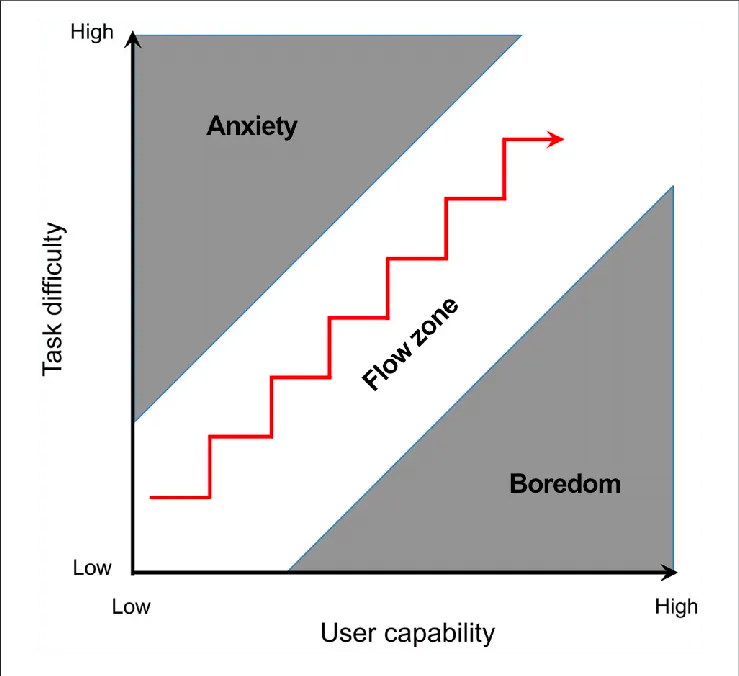Finding Flow: Why You Don't Want a Permanent Vacation
- Amanda Reill
- Jan 25, 2024
- 2 min read
Are you working toward a permanent vacation?
That might seem like a no-brainer. Isn’t that what everyone wants?
It’s not what your brain wants.
Though “happiness” doesn’t have a scientific definition, Mihaly Csikszentmihalyi writes about it in his book Flow: The Psychology of Optimal Experience (also Finding Flow: The Psychology of Engagement with Everyday Life). You’ve probably heard of flow state or the idea of “finding flow.”
Maybe you play basketball, maybe you’re a writer, maybe you paint — with any of these activities, you “find flow” or “get in the zone.” This zone can be described as a headspace where time stands still — you love this activity and can do it for hours on end. You can find flow at work, in a conversation with a friend, cleaning your house, or spending intimate time with your partner.
But do you know where you rarely find flow? Watching Netflix. Why? Because a necessary part of flow state is that whatever activity you’re engaged in has some level of challenge. And not just any level of challenge — your sweet spot.
Take a look at the graph below:
If the activity isn’t challenging enough, you disintegrate into boredom. You feel gross. Time drips by. If the activity is too challenging (such as, you know, if I tried to play basketball), anxiety takes over. Playing basketball is the best feeling in the world to some people and the worst nightmare of others.
“The best moments in our lives are not the passive, receptive, relaxing times — although such experiences can also be enjoyable, if we have worked hard to attain them. The best moments usually occur when a person’s body or mind is stretched to its limits in a voluntary effort to accomplish something difficult and worthwhile.”
Mihaly Csikszentmihalyi
The goal, then, is not finding activities that require as little effort as possible to fill most of our time. Those activities feel good when we are exhausted from living in the “anxiety” state and have nothing left to give.
The ultimate goal is to merge our work and play.
So how do we make our work feel more like play and our play feel more like work?
Gamification is one way - looking forward to exploring this in a future piece!
If you have no idea where to begin with this practice and would like some support, you know where to find me to chat.
(p.s. - I am an amazon affiliate, so there's a chance if you buy a book from the links above, it might feed my family.)









Comments